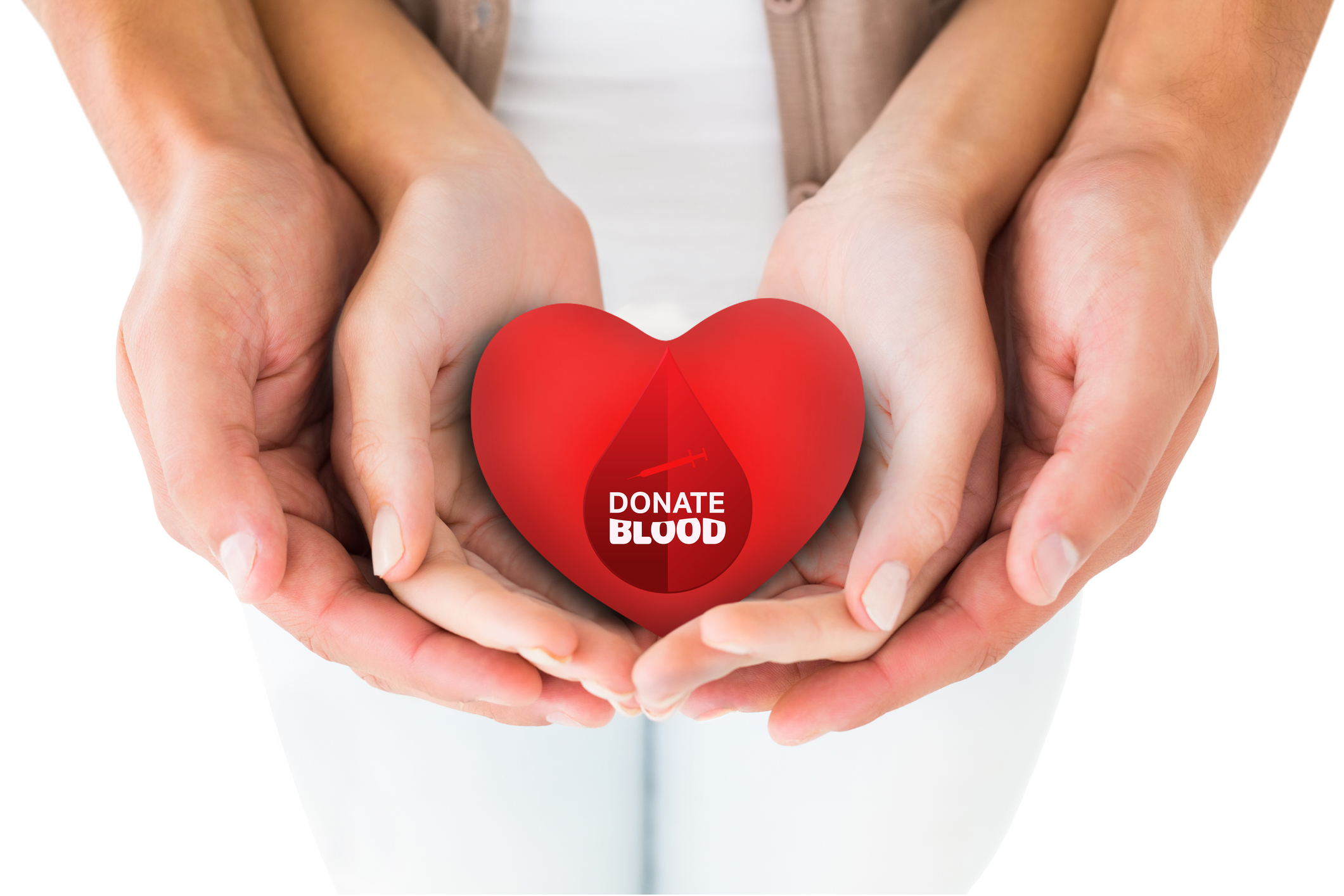
If you’re hesitant about giving blood, these facts about blood donation may change your mind.
Donating blood provides a lifesaving gift. It’s a simple thing to do and can make a big difference in the lives of others. Although an estimated 38% of the U.S. population is eligible to donate blood at any given time, less than 10% of those eligible actually donate, according to the American Red Cross. Many people don’t give blood due to misconceptions about the risks involved or their eligibility to donate.
Here are 5 common myths about donating blood—and the real facts:
Myth: I can’t give blood because I take medication.
Fact: As long as you are healthy, most medications will not disqualify you from donating blood. You should provide the staff at the blood donation center with information about any medications you are taking at the time of donation.
Myth: I can’t give blood because I have high cholesterol or high blood pressure.
Fact: Having high cholesterol does not disqualify you from donating blood, as long as you are otherwise healthy. You can also give blood as long as your blood pressure is under 180/100 at the time of your blood donation.
Myth: If I donate blood, I won’t have enough left in my own body.
Fact: When you donate blood, only about 1 pint of blood is collected. The average adult has approximately 10 pints of blood, and after donating, your body makes new blood to replenish what is lost. If you drink enough liquids, your body will replace lost fluids within a few hours. It will take a few days to replace all of your red and white blood cells.
Myth: Giving blood hurts.
Fact: The only pain you’ll feel is the quick prick of the needle when it is inserted. The area may be slightly sore afterwards, but any discomfort you feel is minor compared to the good you’ll do by giving the gift of blood.
Myth: I can contract HIV or other infections if I donate blood.
Fact: A new sterile needle is used each time someone donates blood and is then immediately discarded. Strict procedures and the use of sterile equipment make it highly unlikely that you’ll develop an infection of any kind.
Copyright 2016-2022 © Baldwin Publishing, Inc. All rights reserved.
Health eCooking® is a registered trademark of Baldwin Publishing, Inc. Cook eKitchen™ is a designated trademark of Baldwin Publishing, Inc. Any duplication or distribution of the information contained herein without the express approval of Baldwin Publishing, Inc. is strictly prohibited.
Date Last Reviewed: April 12, 2022
Editorial Review: Andrea Cohen, Editorial Director, Baldwin Publishing, Inc. Contact Editor
Dietary Review: Perry Pitkow, MD
Learn more about Baldwin Publishing Inc. editorial policy, privacy policy, ADA compliance and sponsorship policy.
No information provided by Baldwin Publishing, Inc. in any article is a substitute for medical advice or treatment for any medical condition. Baldwin Publishing, Inc. strongly suggests that you use this information in consultation with your doctor or other health professional. Use or viewing of any Baldwin Publishing, Inc. article signifies your understanding and agreement to the disclaimer and acceptance of these terms of use.